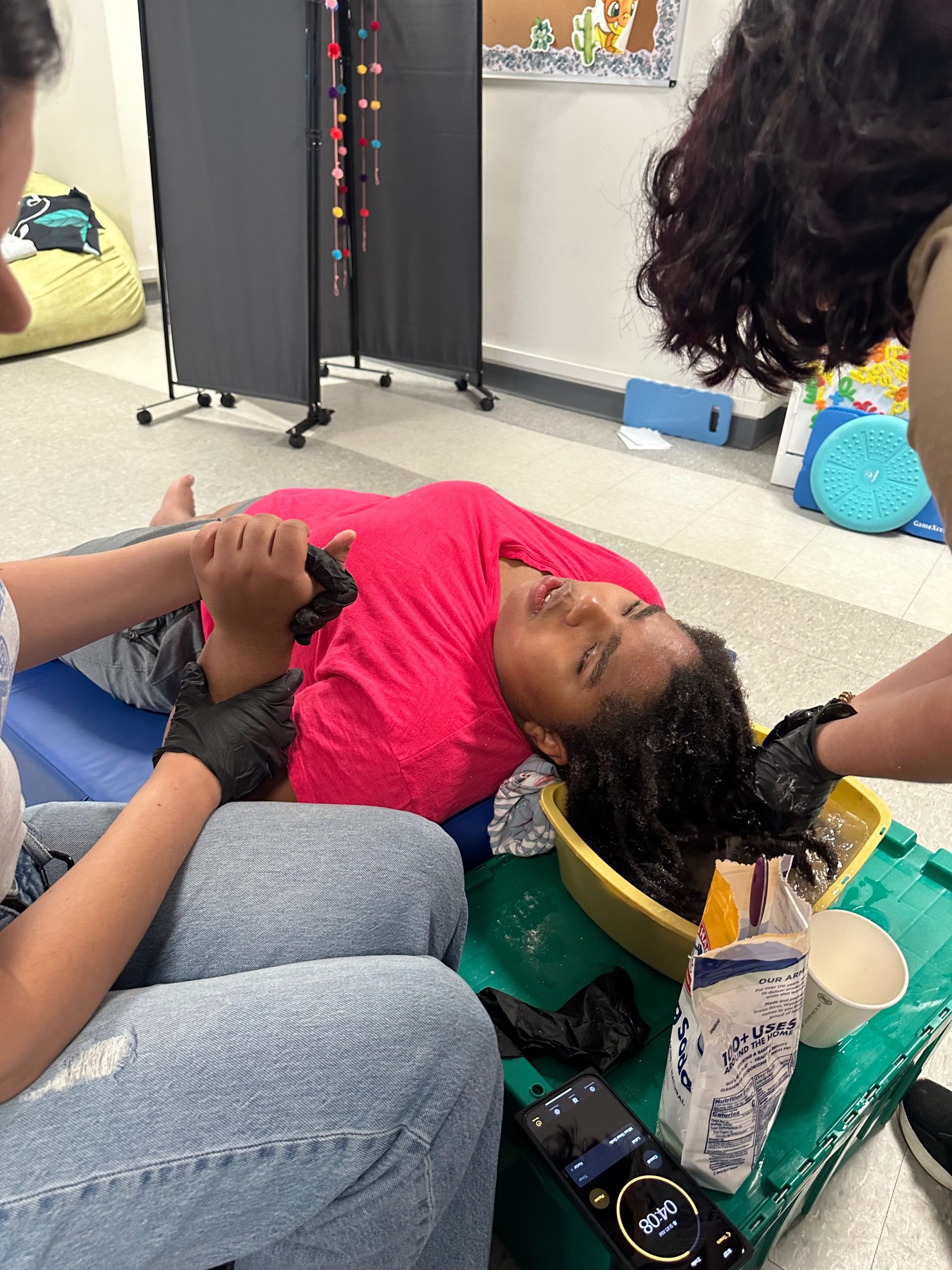In the hustle and bustle of our daily lives, certain routines may seem trivial or commonplace. However, for individuals on the autism spectrum residing in specialized residential settings, even seemingly mundane activities like getting a haircut hold profound significance. The importance of haircuts and barber visits for autistic individuals in residential settings extends far beyond mere grooming; it serves as a therapeutic and empowering experience, fostering sensory regulation, social engagement, and self-esteem.
Autism spectrum disorder (ASD) is characterized by differences in social communication and behavior. Sensory sensitivities are a hallmark of autism, with individuals often experiencing heightened responses to sensory stimuli. For many autistic individuals, the sensory experience of a haircut can be overwhelming, triggering anxiety and discomfort. The sound of clippers, the sensation of scissors against the scalp, and even the presence of unfamiliar individuals in close proximity can provoke sensory overload.
In residential settings tailored to the needs of autistic individuals, the significance of accommodating sensory sensitivities cannot be overstated. Establishing a safe and supportive environment for haircuts and barber visits is essential. This entails employing sensory-friendly strategies such as dimming lights, minimizing noise, and providing weighted blankets or fidget toys to promote relaxation and sensory regulation. By creating a sensory-friendly space, residential facilities empower autistic individuals to engage in grooming activities comfortably, fostering a sense of autonomy and control over their environment.
Beyond sensory considerations, haircuts and barber visits offer valuable opportunities for social engagement and skill development. Many autistic individuals face challenges in social interaction, such as initiating conversations and maintaining eye contact. However, the structured nature of a haircut appointment provides a natural framework for practicing social skills in a controlled setting. Interacting with a barber or stylist facilitates communication and social reciprocity, allowing individuals to build confidence and competence in social interactions.
Moreover, the act of grooming fosters a sense of self-care and personal hygiene, promoting independence and self-esteem. For autistic individuals in residential settings, who may rely on support staff for various activities of daily living, the ability to participate in grooming routines independently is empowering. By mastering skills such as scheduling appointments, communicating preferences, and self-advocating during the haircut process, individuals develop a sense of agency and self-efficacy.
Furthermore, the positive sensory experiences associated with haircuts can have lasting effects on emotional well-being. Many autistic individuals find sensory input, such as the gentle touch of a barber’s hands or the rhythmic sound of scissors, soothing and calming. These sensory experiences release endorphins and reduce stress, contributing to overall emotional regulation and mental health. Additionally, the visual transformation that accompanies a haircut can boost self-esteem and self-image, instilling a sense of pride and confidence in one’s appearance.
Shrub Oak International School is delighted to have a barber visit our campus regularly for haircuts, beard trims, and barber styles for our students. This way, students have agency over their personal haircare and styles. Our barber works directly with students and their families to make sure everyone is actively involved in the haircare/styling process. These barber visits are so popular that our barber often schedules additional days to come onto campus!
In conclusion, the importance of haircuts and barber visits for autistic individuals in residential settings extends beyond mere grooming; it serves as a therapeutic and empowering experience. By creating sensory-friendly environments, fostering social engagement, and promoting independence and self-esteem, residential facilities empower autistic individuals to participate in grooming activities comfortably and confidently. Recognizing the significance of haircuts in promoting sensory regulation, social interaction, and self-care is essential in supporting the holistic well-being of individuals on the autism spectrum.








